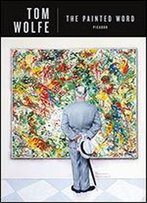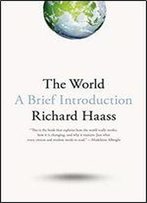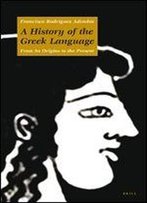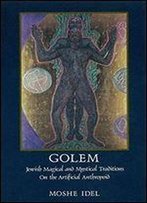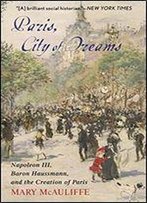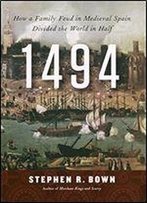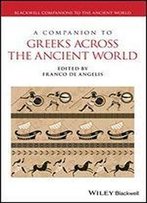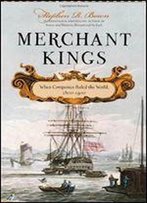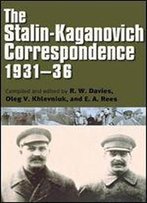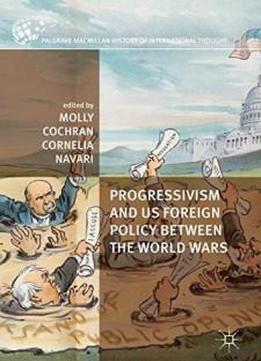
Progressivism And Us Foreign Policy Between The World Wars (the Palgrave Macmillan History Of International Thought)
by Cornelia Navari /
2017 / English / PDF
4.7 MB Download
This book considers eleven twelve key thinkers on American
foreign policy during the inter-war period. All put forward
systematic proposals for the direction, aims and instruments of
American foreign policy; all were listened to, in varying
degrees, by the policy makers of the day; all were influential in
policy terms, as well as setting the terms of contemporary
debate. The focus of the volume is the progressive agenda as it
was formulated by Herbert Croly and The New Republic in the
run-up to the First World War. An interest in the inter-war
period has been sparked by America’s part in international
politics since 9/11. The neo-conservative ideology behind recent
US foreign policy, its democratic idealism backed with force, is
likened to a new-Wilsonianism. However, the progressives were
more wary of the use of force than contemporary
neo-conservatives. The unique focus of this volume and its
contextual, Skinnerian approach provides a more nuanced
understanding of US foreign policy debates of the long
Progressive era than we presently have and provides an important
intellectual background to current debates.
This book considers eleven twelve key thinkers on American
foreign policy during the inter-war period. All put forward
systematic proposals for the direction, aims and instruments of
American foreign policy; all were listened to, in varying
degrees, by the policy makers of the day; all were influential in
policy terms, as well as setting the terms of contemporary
debate. The focus of the volume is the progressive agenda as it
was formulated by Herbert Croly and The New Republic in the
run-up to the First World War. An interest in the inter-war
period has been sparked by America’s part in international
politics since 9/11. The neo-conservative ideology behind recent
US foreign policy, its democratic idealism backed with force, is
likened to a new-Wilsonianism. However, the progressives were
more wary of the use of force than contemporary
neo-conservatives. The unique focus of this volume and its
contextual, Skinnerian approach provides a more nuanced
understanding of US foreign policy debates of the long
Progressive era than we presently have and provides an important
intellectual background to current debates.
